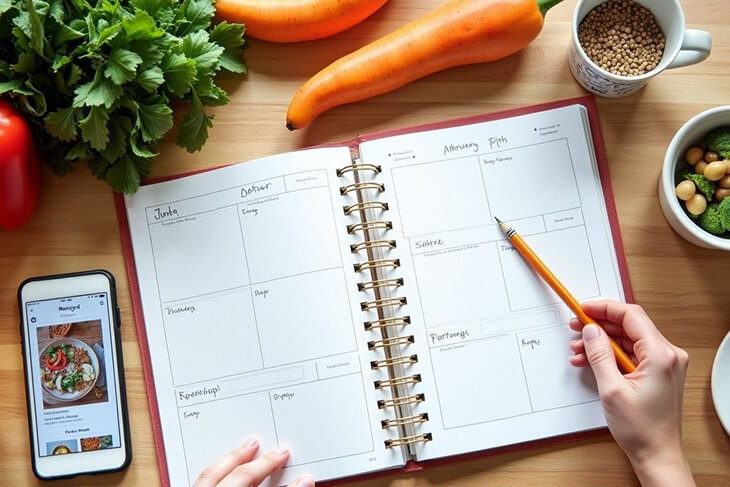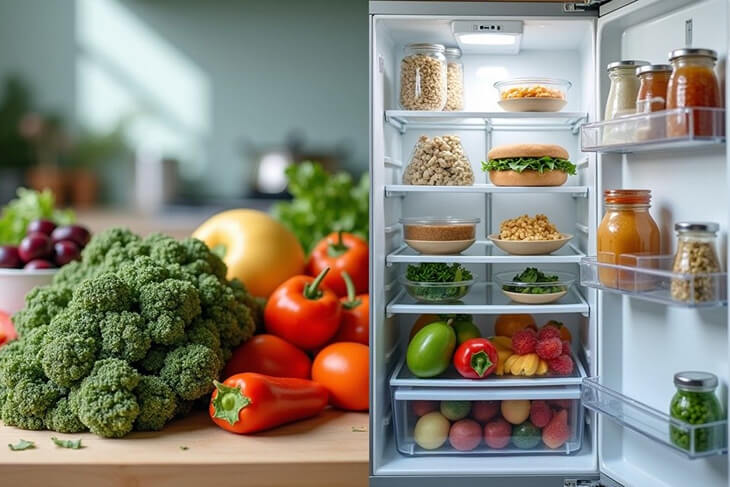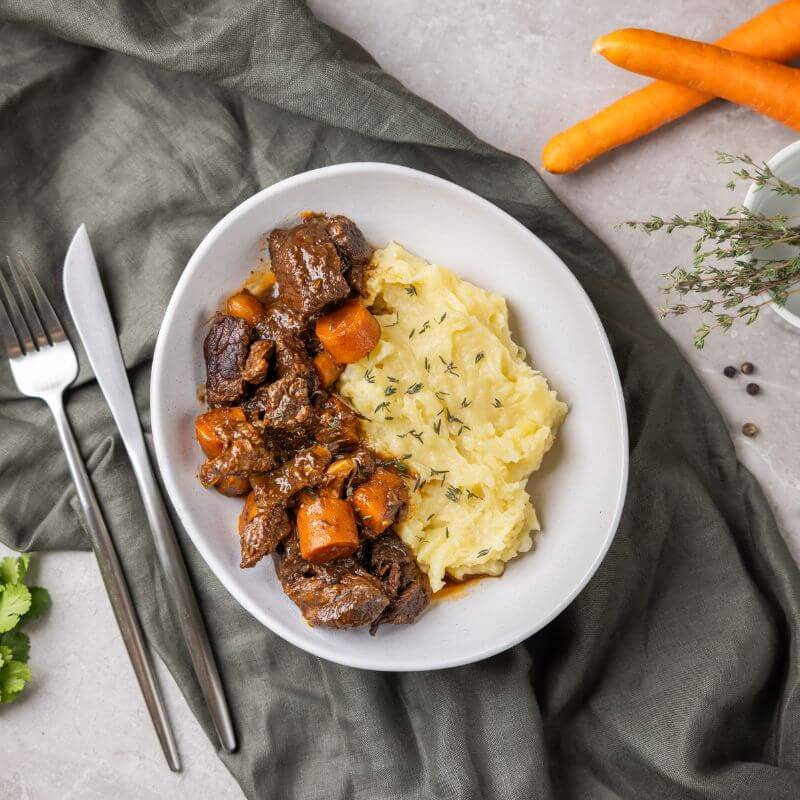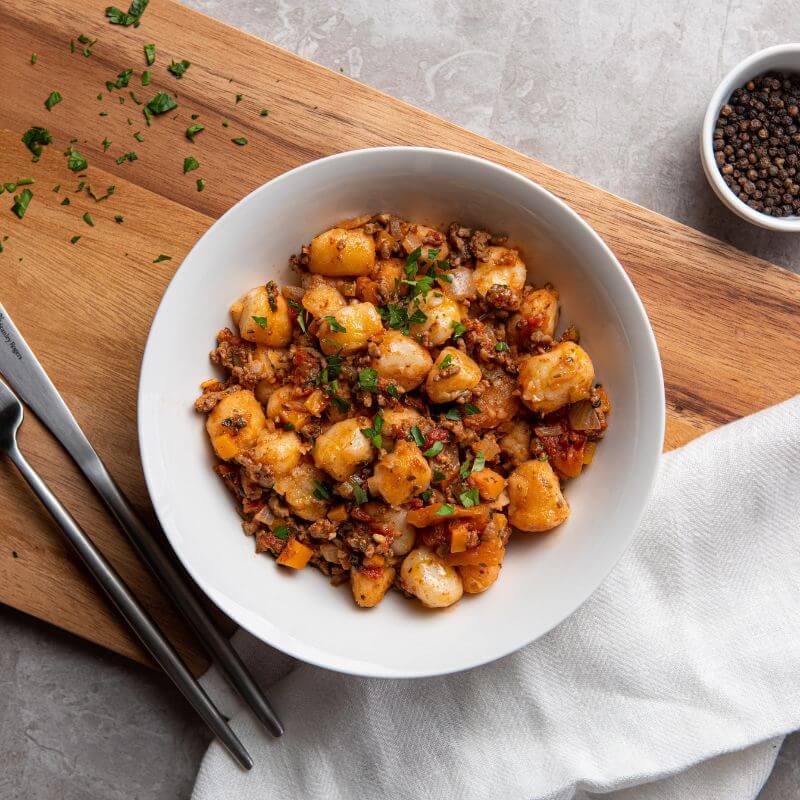How to Save Money on Food Shopping: Practical Tips for Australian Families


Feeling the pinch at the checkout? You're not alone, with young Australians spending up to one-quarter of their income on groceries, learning how to save money on food shopping has never been more crucial. Between rising costs and busy schedules, keeping your food budget under control can feel like juggling flaming torches (whilst blindfolded, on a unicycle). The good news? With some clever strategies and a bit of planning, you can slash your grocery bill without sacrificing nutrition or taste. Let's explore practical, proven ways to make your dollar stretch further, because what's inside your wallet matters just as much as what's inside your meals.

Master the Art of Meal Planning
Meal planning isn't just for the super-organised (though they're definitely onto something). It's your secret weapon for saving both money and sanity. Research from RACV shows that meal planning is one of the most effective ways to reduce impulse purchases and prevent food waste.
Start by checking what's already in your pantry, fridge, and freezer. You might be surprised at the forgotten treasures lurking in the back. Then, plan your meals around these ingredients before creating your shopping list. This simple step alone can save you from purchasing duplicate items you already own.
Quick meal planning tips:
- Plan meals for work days when you're more likely to stick to a routine
- Choose recipes that share common ingredients
- Include a mix of fresh meals and freezer-friendly options
- Don't forget to plan for snacks and lunches
Shop Smart with Unit Pricing
Here's a brilliant trick that many shoppers overlook: always check the unit price (that tiny price per 100g or per litre on the shelf label). Consumer experts estimate that you could save hundreds or even thousands of dollars annually by shopping this way.
For example, that 2kg bag of rice for $5.50 (28c per 100g) is actually cheaper than the 1kg bag for $3.35 (34c per 100g), despite the higher packet price. This strategy works particularly well for non-perishables like rice, pasta, and canned goods. Just make sure you'll use them before their best-before date.
Embrace Generic and Store Brands
Time to let go of brand loyalty (your wallet will thank you). According to Compare the Market research, Australians save an average of 41% when switching from branded to generic products. That's nearly half price for essentially the same quality!
Common swaps that offer the biggest savings:
- Milk and dairy products
- Cleaning supplies
- Bread and bakery items
- Frozen vegetables
- Pantry staples like flour, sugar, and rice
Strategic Shopping Across Multiple Stores
Loyalty to one supermarket might be costing you dearly. Independent studies show that shopping at Aldi can save you 25% compared to the major chains, whilst visiting multiple stores for specials can yield even greater savings.
Know your shopping cycles:
- Woolworths and Coles: New specials drop on Wednesdays
- Aldi: Special buys on Wednesdays and Saturdays
- IGA: Wednesday catalogue releases
Pro tip: Check catalogues online from Monday evening to plan your shopping route for maximum savings.
Buy Seasonal and Local
The NSW Government advises that seasonal produce can save you up to one-third compared to out-of-season prices. Farmers' markets often offer fresher produce at better prices than supermarkets, plus you're supporting local growers.
Winter bargains include:
- Root vegetables (carrots, potatoes, sweet potatoes)
- Citrus fruits
- Broccoli and cauliflower
- Leafy greens
Summer savings:
- Stone fruits
- Berries
- Tomatoes
- Zucchini and cucumber

Reduce Food Waste, Save Big
Here's a sobering thought: Australian households waste $2,100 worth of food annually, according to Love Food Hate Waste NSW. That's like throwing away a month's worth of ready-made meals every year!
Waste-busting strategies:
- Understand the difference between "best before" (quality) and "use by" (safety) dates
- Freeze leftovers in portion sizes for easy future meals
- Use vegetable scraps for stock
- Store produce correctly to extend freshness
- Plan a weekly "use it up" meal with leftovers
Smart Protein Choices
Meat often gobbles up the biggest chunk of your grocery budget. Australia's dietary guidelines encourage incorporating more plant-based proteins—such as legumes, beans, tofu, and nuts—into meals, and using lean meats in smaller amounts as a flavour enhancer rather than the main ingredient.
Money-saving protein alternatives:
- Eggs (versatile and affordable)
- Legumes (lentils, chickpeas, beans)
- Tofu
- Canned fish
- Cheaper cuts of meat for slow cooking
When you do splurge on quality protein, make it count. These meals use premium meats efficiently—delivering rich flavour and satisfaction without overloading your plate:



It’s smart, nourishing, and far more affordable than dining out.
Bulk Buying Done Right
Research indicates that bulk buying can result in significant savings, provided it is done strategically. Focus on non-perishables and freezeable items, and consider splitting large purchases with friends or family to make them more manageable.
Best bulk buys:
- Rice, pasta, and grains
- Canned goods
- Frozen vegetables
- Meat (portion and freeze immediately)
- Household essentials
Online Shopping: Your Budget's Best Friend
Shopping online isn't just convenient, it's a powerful budgeting tool. Research indicates that eliminating spontaneous midweek grocery runs could save you $1,159 annually. Plus, you can easily compare prices and stick to your list without temptation from the chocolate aisle (we see you).
Several Australian supermarkets offer delivery‑subscription plans priced between $15 and $20 per month, giving shoppers unlimited free delivery on eligible orders, so if you buy groceries weekly, the savings on delivery fees can quickly outweigh the subscription cost.

The Convenience Factor: When Time is Money
Sometimes the smartest financial decision is recognising when convenience trumps cooking. Between grocery costs, preparation time, and potential food waste, quality meal delivery can actually be more economical than cooking from scratch, especially for smaller households.
Consider this: when you factor in shopping time, cooking, and cleanup, those "quick" weeknight dinners often cost more in time and money than ready-made alternatives. Our High Protein Meals provide restaurant-quality nutrition without the restaurant prices or preparation hassle.
Special Dietary Needs Without Breaking the Bank
Following a special diet doesn't have to mean spending a fortune. Whether you're managing coeliac disease, following keto, or simply trying to eat more vegetables, smart shopping can keep costs down.
For those needing gluten-free options, buying naturally gluten-free whole foods (rice, potatoes, vegetables, meats) is far cheaper than processed gluten-free products. Similarly, dairy-free eating becomes affordable when you focus on whole foods rather than expensive alternatives.
Your Wallet (and Taste Buds) Will Thank You
You've just unlocked the secrets to slashing your grocery bill without sacrificing delicious, nutritious meals. From smart shopping strategies to reducing waste, you're ready to make every dollar count. At Nourish'd, we believe eating well shouldn't mean choosing between your health and your budget, which is why our chef-crafted meals deliver restaurant-quality nutrition at supermarket prices. No shopping stress, no food waste, just wholesome meals that save you time and money. Ready to give your wallet a break? Explore our menu today and taste the difference smart eating makes.



